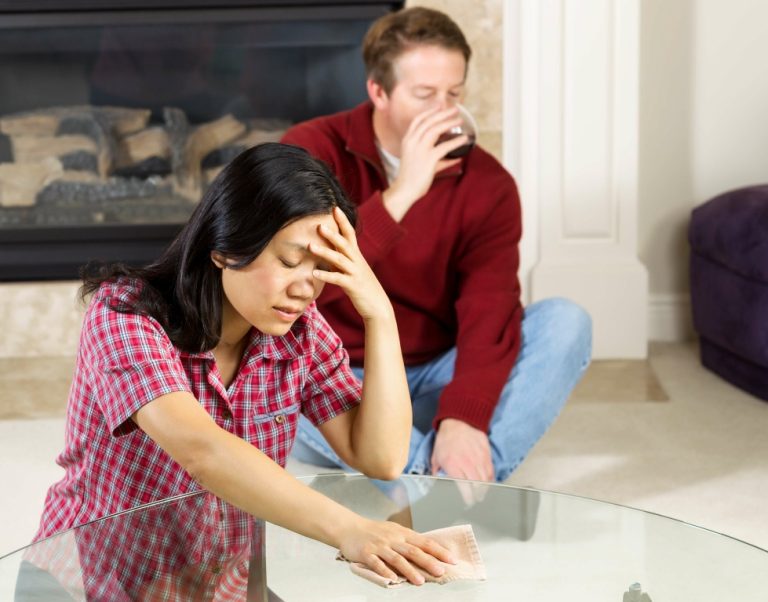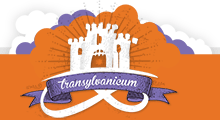While many people manage to stop drinking without any long-term side effects, it is important to note that your experience may differ from those of other people you know. Treating your recovery as an individual journey is important, and finding the right people to guide you to sobriety can help you stay comfortable as you quit drinking. There may also be a more direct link between alcohol consumption and anxiety. Alcohol links to gamma-aminobutyric acid (GABA) receptors, which are chemicals in your brain.
Sometimes, alcohol can cause an increase in anxiety, and may even lead to panic attacks. Here, I’ll explore why alcohol can cause feelings of panic, and what you can do to reduce your risk of this happening. Therefore, a person needs to know how to stop anxiety after drinking alcohol. There is a wide range of treatment options available that can help people deal with stress and panic attacks in a healthy, abuse-free way. These allostatic adaptations in the brain lead to the second stage of addiction—withdrawal/negative affect. In this stage, reward circuits become blunted because of within-system neuroadaptations.
Alcohol and Anxiety: Does Alcohol Cause Anxiety and Panic Attacks?
When you have anxiety and an alcohol use disorder at the same time, you may be able to treat them simultaneously. Alcohol treatment programs are designed to address both types of disorders, since one tends to impact the other. During your assessment for a substance use disorder, your care providers may uncover one or more underlying mental disorders.

When people use drinking to deal with stress and panic, they can experience severe consequences even from drinking eventually. Like other frequently abused substances, the combination of alcoholism, hangover, and withdrawal can lead to an increased risk of panic attacks. Consequently, this kind of abuse can result in both alcohol addiction and anxiety and more severe panic disorder attacks.
Reduce anxiety
Using alcohol to cope may lead to more severe hangover symptoms if you already have anxiety or depression. Research has shown that the more anxiety, depression, and stress symptoms you have, the more severe your hangovers can be. Hangxiety, a mix of “hangover” and “anxiety,” describes the embarrassment, regret, and shame you might feel after a night of drinking.
- For example, they were less likely to speak up in group therapy, attend a 12-step meeting, or seek sponsorship within a 12-step group.
- If a person is worried about alcohol use or anxiety, they can speak to a doctor to find out the best ways to solve these issues.
- This article provides an overview of the evolving perspectives of this association in the context of three related disciplines—psychiatry, psychology, and neuroscience.
Summarily, the relationship between alcohol and anxiety results from the misconceptions and misinformation that many people hold about the substance. There are short-term effects that may appear to be helpful, but there will be more damage than good for the longer term. For anyone living with alcoholism or alcohol anxiety disorders, it is best to seek treatment from a certified healthcare professional as soon as possible. If you struggle with panic attacks and feelings of anxiety, it is important to understand how alcohol can affect your mental health and potentially make these symptoms worse. The parallel-treatment approach requires that specific treatments for both disorders are delivered simultaneously, although not necessarily by the same provider or even in the same facility. However, coordination among providers and between facilities becomes a critical issue with parallel treatments when they are not colocated.
Why Does Alcohol Cause Anxiety?
It can help you feel less shy, give you a boost in mood, and make you feel generally relaxed. In fact, alcohol’s effects can be similar to those of antianxiety medications. Left untreated, panic attacks and panic disorder can affect almost every area of your life. You may be so afraid of having more panic attacks that you live in a constant state of fear, ruining your quality of life. Alcohol may be a temporary, unhealthy way to relieve anxiety and forget about your underlying stressors; however, using alcohol does not erase these underlying triggers. Whether your anxiety is related to past trauma, financial stress, or untreated depression, alcohol is merely a temporary Band-Aid and the longer one depends on alcohol to help treat their anxiety, the more at risk they are for developing an alcohol use disorder.
Getting a bad night of sleep due to heavy drinking is therefore a double whammy. Your brain chemistry is in the tank after a night of artificial dopamine spikes and now you’re sleep deprived as well. The brain responds to an influx of alcohol by blocking GABA and increasing glutamate. Low blood sugar can trigger does alcohol cause panic attacks anxiety-like symptoms, leaving you feeling jittery and on edge. So, while it’s busy processing the alcohol, your liver isn’t able to release glucose into your bloodstream like it normally would. To understand why alcohol causes anxiety and anxiety attacks, it’s important to understand how the brain works.








